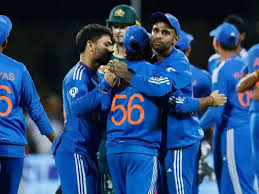Understanding the Controversy
India’s decision to bring in Harshit Rana as a concussion substitute for Shivam Dube in the fourth T20I against England at the Maharashtra Cricket Association Stadium in Pune sparked debate. Rana, making history as the first Indian to debut as a concussion sub, made a significant impact, helping India secure a 15-run victory and an unassailable 3-1 lead in the series.

Dube suffered a blow to the helmet in the final over of India’s innings, leading to Rana’s introduction. The young pacer, alongside Ravi Bishnoi (3-28) and Varun Chakravarthy (2-28), played a crucial role in bowling England out for 166 while defending 181 runs.
Despite India extending their unbeaten home T20I series streak to 17 since 2019, Rana’s inclusion became a major talking point among commentators. Kevin Pietersen criticized the move on air, while England captain Jos Buttler was visibly frustrated, seen engaging in animated discussions in the dugout.
Rana’s Impact on the Match
Despite the controversy, Harshit Rana proved his worth. His key contributions included:
- Dismissing Liam Livingstone, Jacob Bethell, and Jamie Overton, finishing with 3-33.
- Taking a crucial catch at short third-man to dismiss England skipper Jos Buttler off Ravi Bishnoi’s bowling.
- Delivering an economical and pressure-filled penultimate over, ensuring India’s victory.
Reflecting on his unexpected debut, Rana said, “It is still a dream debut for me. When Dube came back, after two overs I was informed I will be the concussion substitute.”
What Do the ICC Concussion Substitution Laws Say?
The key question is whether India gained an unfair advantage by replacing an all-rounder (Dube) with a specialist fast bowler (Rana). Here’s what the ICC’s playing conditions for concussion substitutions state:
- Rule 1.2.7.3: “The ICC Match Referee should ordinarily approve a Concussion Replacement Request if the replacement is a like-for-like player whose inclusion will not excessively advantage his team for the remainder of the match.”
- Rule 1.2.7.7: “The decision of the ICC Match Referee in relation to any Concussion Replacement Request shall be final and neither team shall have any right of appeal.”
The term “like-for-like” is not as straightforward as it may seem. When the rule was first introduced during the 2019 Ashes, where Marnus Labuschagne replaced Steve Smith, then-ICC CEO Geoff Allardice explained:
“Each case is unique, depending on the timing of the substitution request. It’s about assessing the likely role of the injured player for the remainder of the match and determining who is the closest like-for-like replacement.”
Why India’s Decision Was Justified
In this instance, Dube had already fulfilled his batting role before the injury. The only way he could have contributed further was as a medium pacer. Since Harshit Rana is a specialist fast bowler, India argued that he was the closest match in terms of bowling ability rather than batting.
Given that the ICC Match Referee approved the substitution, India’s move adhered to the regulations. While England may have been frustrated, the decision was within the rules, and Rana’s performance only reinforced its validity.


